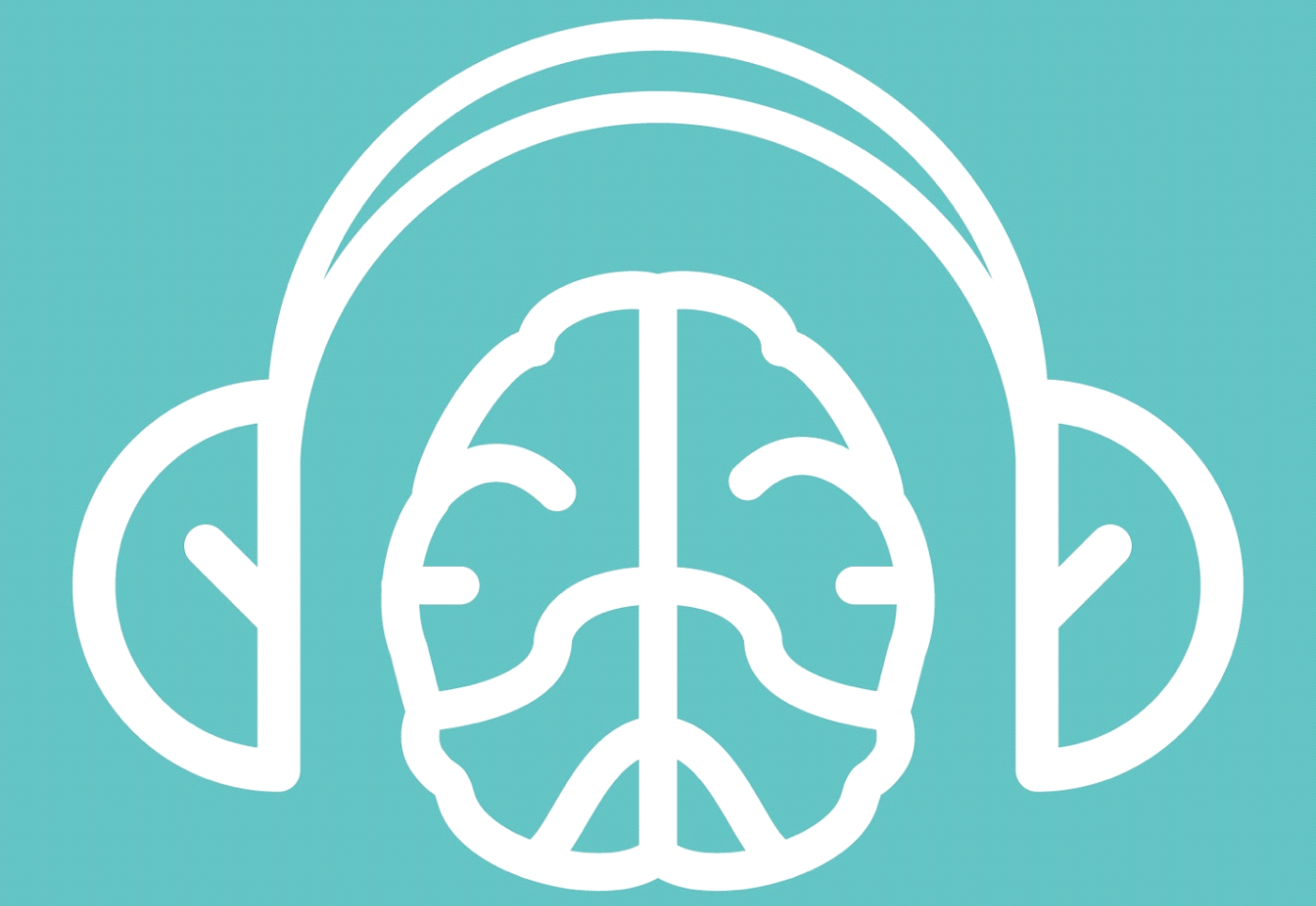Welcome to PsychEd, the psychiatry podcast for medical learners, by medical learners. This episode covers anti-black racism and mental health with Dr. Kwame McKenzie. Dr. McKenzie is an international expert on the social causes of illness, suicide, and the development of effective, equitable health systems. He is a Professor of Psychiatry at the University of Toronto and a staff psychiatrist and Director of Health Equity at the Centre for Addiction and Mental Health.
The learning objectives for this episode are as follows:
By the end of this episode, you should be able to…
Understand the history and legacy of racism and mental health in the black community.
Understand the current state of racism towards black people and the impacts on their mental health.
Explore how healthcare workers can be anti-racist in providing mental health care and how the system can change to improve the mental health of black people.
Guest expert: Dr. Kwame McKenzie
Hosts: Anita Corsini (social worker), Dr. Alex Raben (staff psychiatrist), Rebecca Marsh (CC4)
Produced by: Anita Corsini, Rebecca Marsh, Randi Wang (CC4), and Dr. Alex Raben
Resources:
Manual for Cognitive-Behavioural Therapy for English-Speaking People of Caribbean Origin
The City of Toronto has curated a list of Mental Health Resources for Black Communities. Organizations include:
References:
Adelman, J. (2003). Study in Blue and Grey, Police Interventions with People with Mental Illness: A Review of Challenges and Responses [Ebook]. Canadian Mental Health Association. Retrieved 7 October 2020, from https://cmha.bc.ca/wp-content/uploads/2016/07/policereport.pdf.
Bailey, R. K., Mokonogho, J., & Kumar, A. (2019). Racial and ethnic differences in depression: current perspectives. Neuropsychiatric disease and treatment, 15, 603–609. https://doi.org/10.2147/NDT.S128584
Bor, J., Venkataramani, A., Williams, D., & Tsai, A. (2018). Police killings and their spillover effects on the mental health of black Americans: a population-based, quasi-experimental study. The Lancet, 392(10144), 302-310. https://doi.org/10.1016/s0140-6736(18)31130-9
Bresnahan, M., Begg, M., Brown, A., Schaefer, C., Sohler, N., & Insel, B. et al. (2007). Race and risk of schizophrenia in a US birth cohort: another example of health disparity?. International Journal Of Epidemiology, 36(4), 751-758. https://doi.org/10.1093/ije/dym041
Chakraborty, A., McKenzie, K., & King, M. (2009). Discrimination, ethnicity and psychosis — a qualitative study. Ethnicity And Inequalities In Health And Social Care, 2(1), 18-29. https://doi.org/10.1108/17570980200900004
Fernando, S. (2014). Racism in psychiatry. In R. Moodley & M. Ocampo (Eds.), Critical Psychiatry and Mental Health: Exploring the Work of Suman Fernando in Clinical Practice (pp. 22-32). Taylor & Francis.
Kirkmayer, L. J. (2014). Critical psychiatry in Canada. In R. Moodley & M. Ocampo (Eds.), Critical Psychiatry and Mental Health: Exploring the Work of Suman Fernando in Clinical Practice (pp. 170-181). Taylor & Francis.
Kuper, A. (2018). Cultural Safety & Equity [Lecture PDF]. Retrieved from University of Toronto Faculty of Medicine.
Maynard, R. (2017). Policing Black Lives: State Violence in Canada from Slavery to the Present. Fernwood.
McKenzie, K. (2002). Does racial discrimination cause mental illness?. European Psychiatry, 17, 84. https://doi.org/10.1016/s0924-9338(02)80385-6
McKenzie, K., & Bhui, K. (2007). Institutional racism in mental health care. BMJ, 334(7595), 649-650. https://doi.org/10.1136/bmj.39163.395972.80
MCRRT - St. Joseph's Healthcare Hamilton. St. Joseph's Healthcare Hamilton. (2020). Retrieved 7 October 2020, from https://www.stjoes.ca/health-services/mental-health-addiction-services/mental-health-services/coast/mcrrt.
Richardson, L. (2019). Diversity and Advocacy [Lecture PDF]. Retrieved from University of Toronto Faculty of Medicine.
CPA Note: The views expressed in this podcast do not necessarily reflect those of the Canadian Psychiatric Association.
For more PsychEd, follow us on Twitter (@psychedpodcast), Facebook (PsychEd Podcast), and Instagram (@psyched.podcast). You can provide feedback by email at psychedpodcast@gmail.com. For more information, visit our website at psychedpodcast.org.

